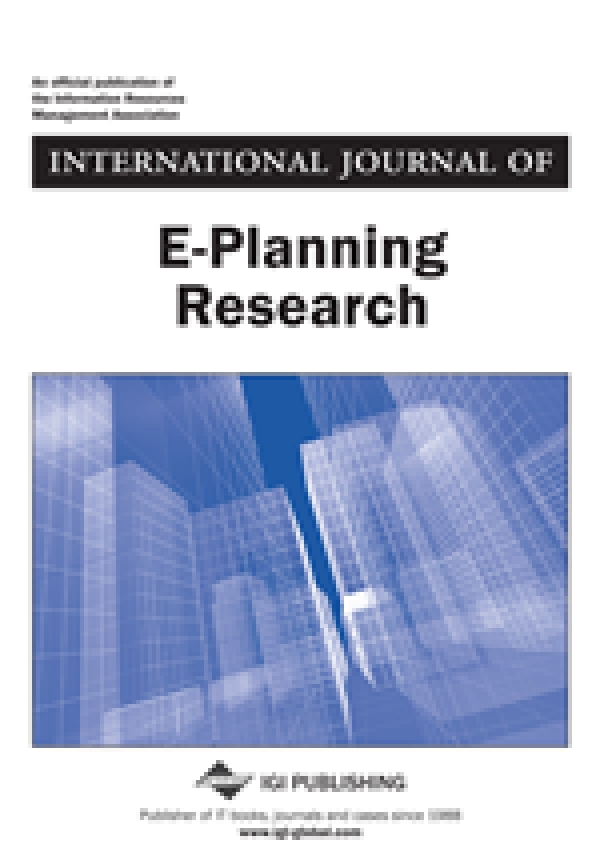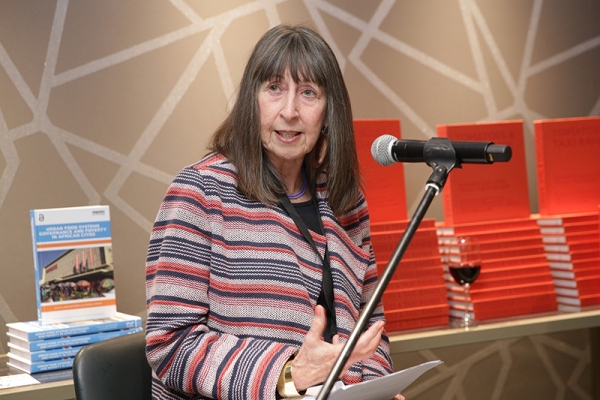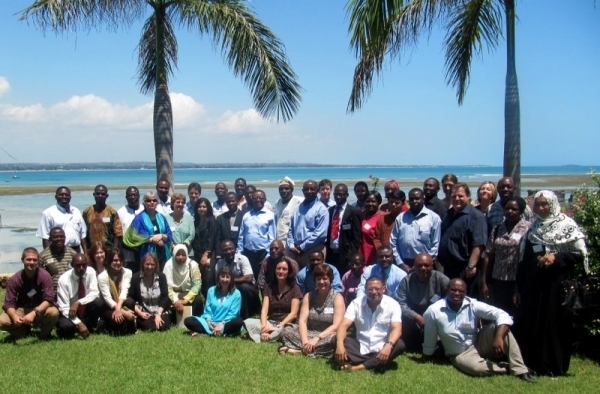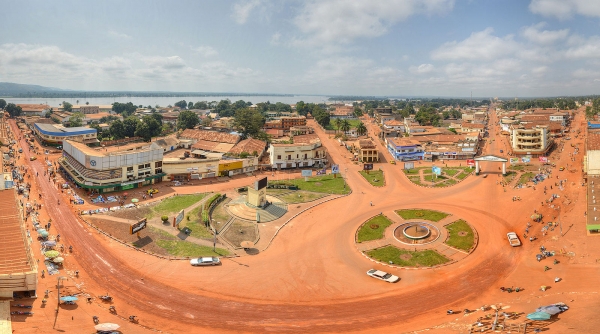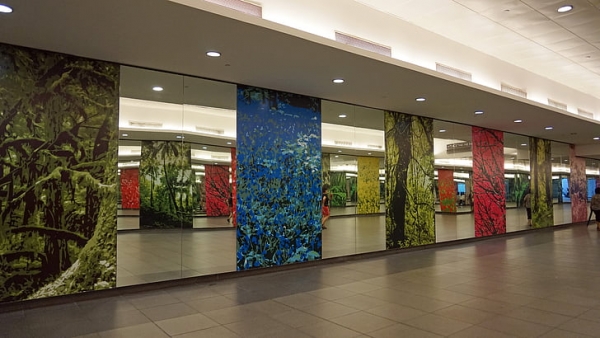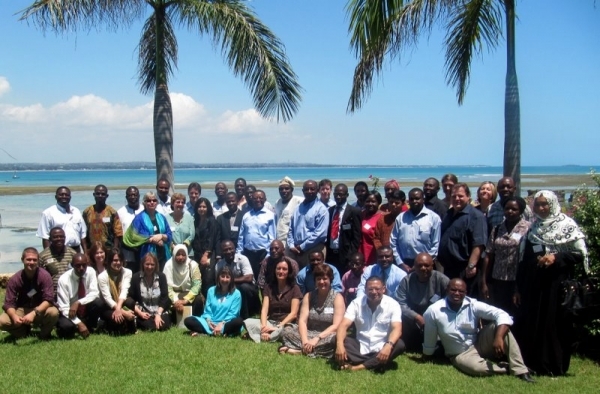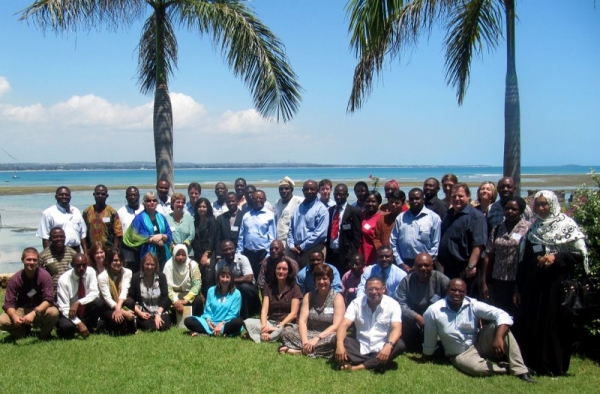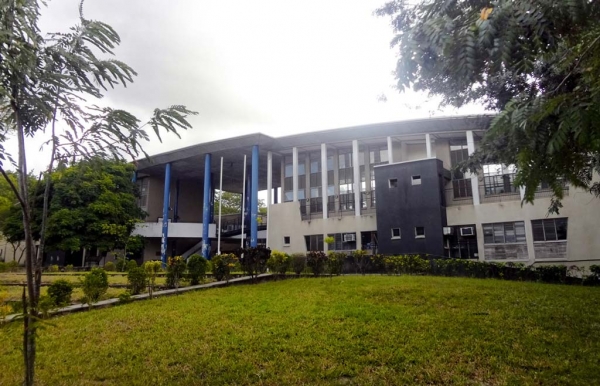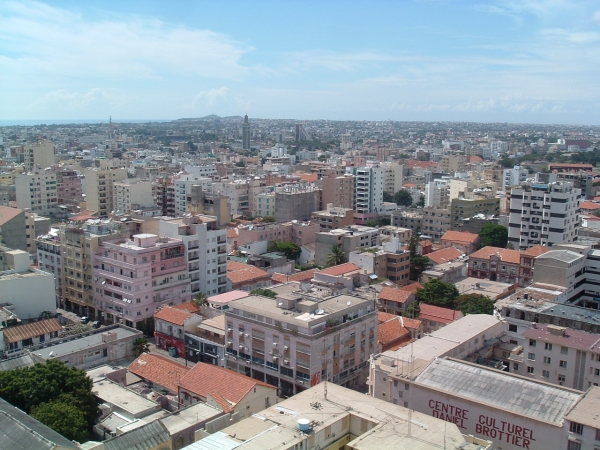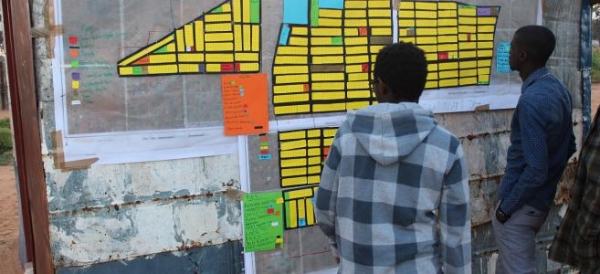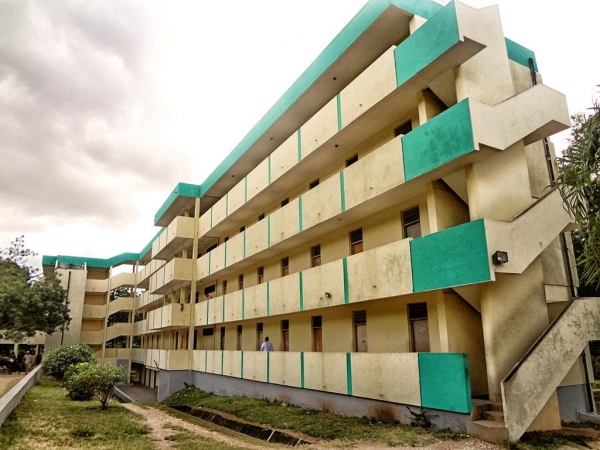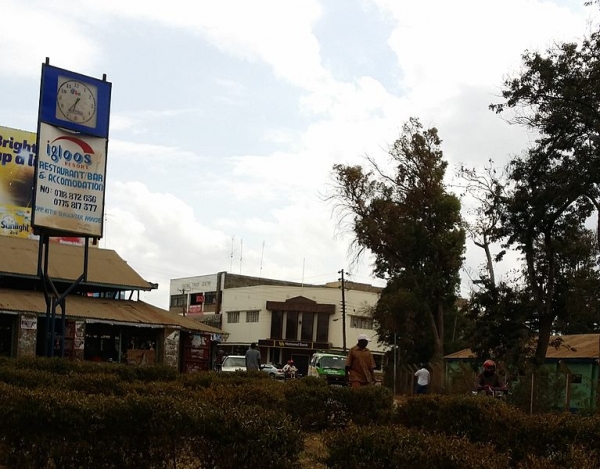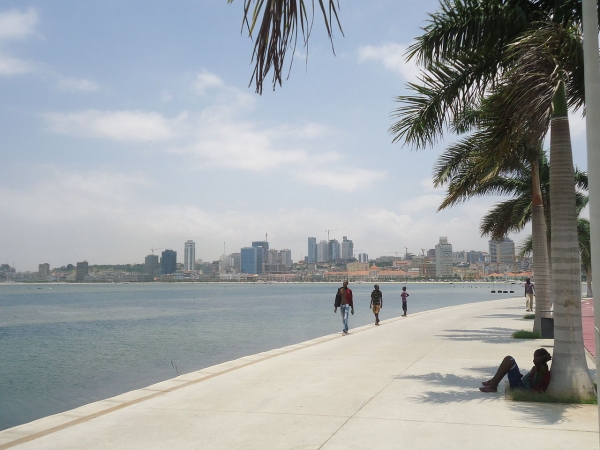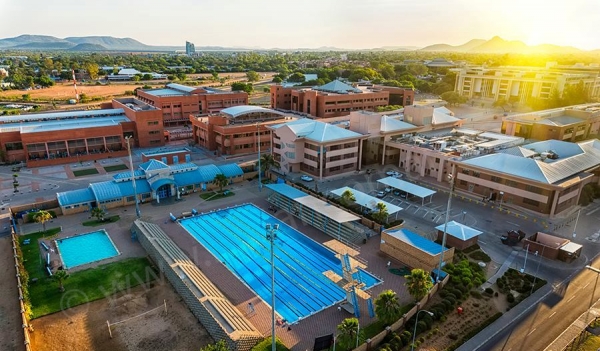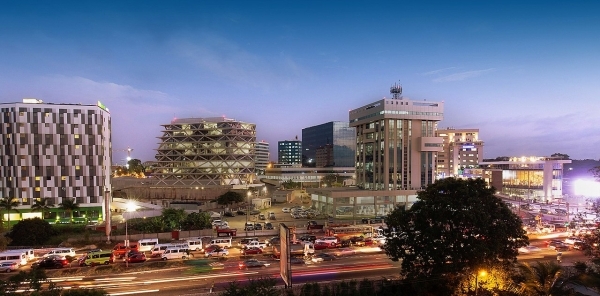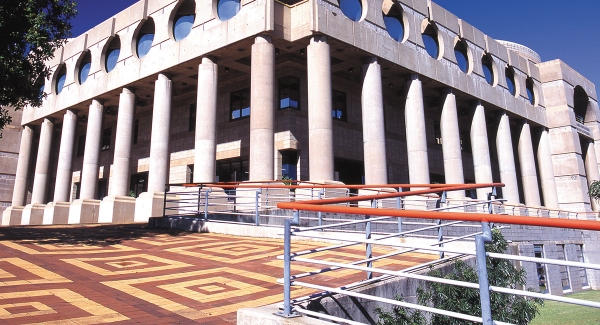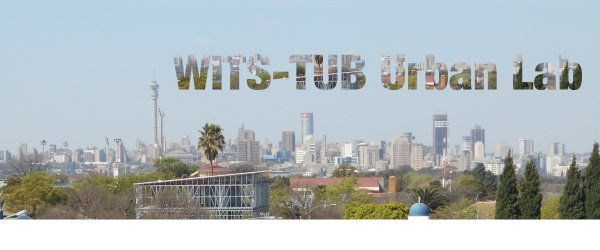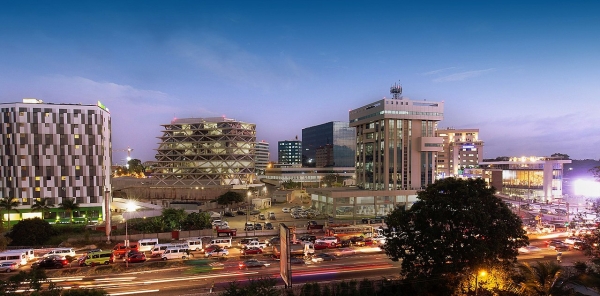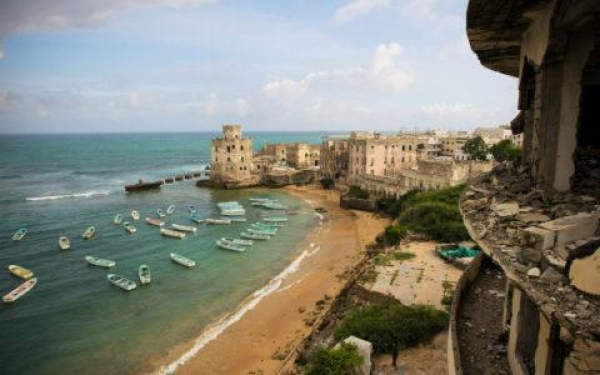The International Journal of E-Planning Research invites abstract submissions for its first annual conference to be held in Lisbon, Portugal, from 31 March to 1 April 2016, at the Institute of Geography and Spatial Planning, University of Lisbon.
The conference will explore recent developments, emerging issues and future challenges in the field of urban e-planning. Urban planning has been affected, in different ways and with different outcomes, by the increasing and widespread use of Web 2.0 technologies and mobile devices equipped with multiple sensors. With the advent of these new digital tools, a whole range of new possibilities has emerged in the planning field. The conference will provide a forum for the critical discussion of these new approaches, methods, and tools in the field of urban planning.
The conference organizers welcome proposals for papers on any aspect of the broad area of urban e-planning. Papers might address, but are not limited to, the following topics:
Theme 1: Citizen e-Participation
- Citizen-responsive urban e-planning
- Web-based citizen e-participation in urban planning
- Crowdsourcing and volunteered geographic information in urban planning
- Citizens as voluntary sensors in urban planning
- Citizen apps in urban planning
- Participatory mapping and public engagement in emergency response
- Citizen science in urban e-planning: data collection, analysis and dissemination
- Open science and innovation in urban planning
- Mobile applications and sensors for urban e-planning
Theme 2: Smart City Governance
- Smart city and urban planning: current practices and future prospects
- The smart city narrative in the global South context
- Digital tools and technologies for planning the development of smart cities
- Surveillance and security in the city: challenges for urban planning
- Non-territorial (or virtual) communities and their role in urban planning
- Urban e-planning in different political contexts: comparative studies
- The Internet of Things and urban planning
- Visualization of virtual 3D urban models and spatial landscape evaluation
Theme 3: Critical Approaches and Methods in Urban e-Planning
- Epistemology of urban e-planning
- Actor-network theory in urban e-planning studies
- Digital technologies and urban planning: who they benefit and who they don’t
- Digital research methods in urban planning
- The impact of digital technologies in planning methods and research practices
- Big data in urban e-planning: sensing the city
- Ethics in urban e-planning
Participation in the Conference and Selection Criteria
- Participation in the conference requires the presentation of a paper.
- The working language of the conference will be English.
- All submissions will be peer-reviewed for content and appropriateness to this conference.
- Information on registration will be available soon in the conference website.
- If necessary, contact the conference organizers to discuss any ideas that you might have for a paper on these or on other related issues.
Abstracts
Please submit an abstract of no more than 250 words by 15 December 2015 to Carlos Nunes Silva. Successful applicants will be informed by 15 January 2016. Registration is due between between 15 and 31 January 2016.
Expected Outcomes
One of the expected outcomes of the conference is the publication of a selection of papers in the International Journal of E-Planning Research (IJEPR). The selected manuscripts will undergo the IJEPR standard peer-review process. It is also planned to publish of a selection of papers in a book.
It is hoped that the conference will be an opportunity to enhance the Urban e-Planning Research Network (UEP-NET) and for the advancement of critical thinking about urban e-planning.
Conference Convenor and Organization
Carlos Nunes Silva
Editor-in-chief of IJEPR
Institute of Geography and Spatial Planning
University of Lisbon
Lisbon, Portugal
Conference email: ijepr.conference@gmail.com
Conference venue
Institute of Geography and Spatial Planning
University of Lisbon
Cidade Universitária (University Campus)
Lisbon, Portugal
Additional Information
Further information is available on the conference website. In addition, click here to download the call for papers document, and here for the conference flyer.
All inquiries, expressions of interests, and abstracts should be sent by email to Carlos Nunes Silva.

